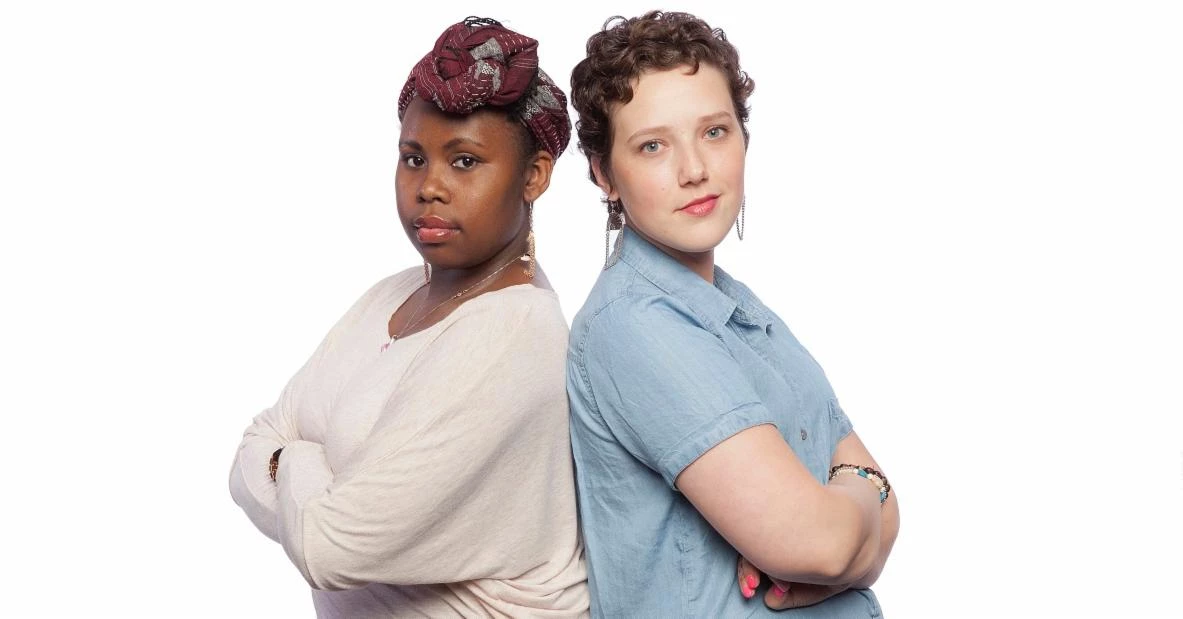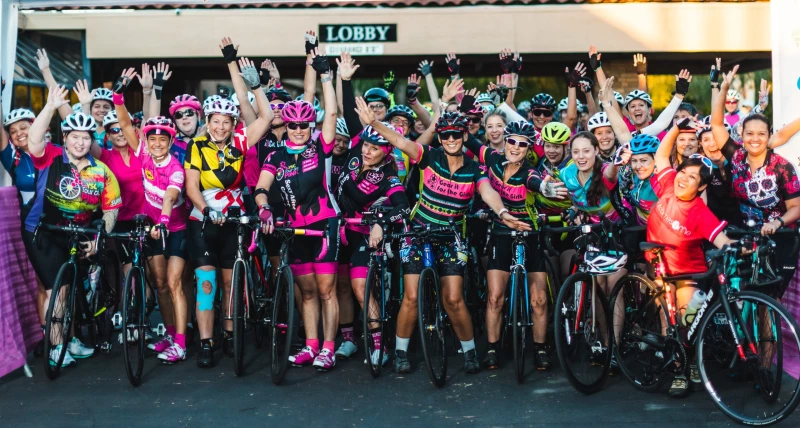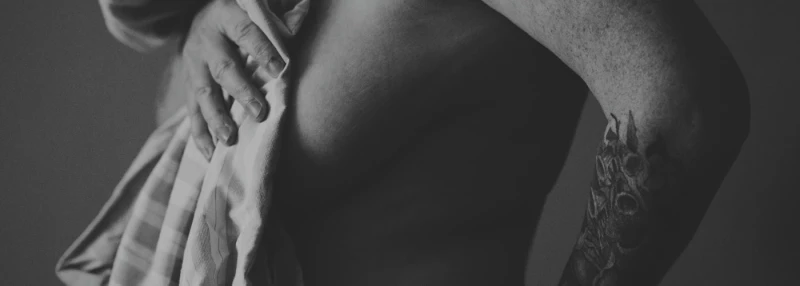Another Phone Call
A couple weeks ago, on the eve of “Pinktober,” a fellow breast cancer survivor called me. I immediately knew from the tone of Kim’s voice that something was very wrong. It was--our friend Sioned Davies had just passed away from metastatic breast cancer at the age of 49. Sadly, this was not the first time that Kim and I had had a similar conversation and we both know it won’t be our last.
An estimated 40,000 women will die of metastatic breast cancer in the United States each year and over 1,000 of them will be under age 40. A JAMA article claims that the incidence of metastatic breast cancer, diagnosed “de novo” (at time of original diagnosis) is increasing in women under 40. Young women are more likely to get the most aggressive forms of breast cancer and more likely to die (compared to older women) in the supposedly less aggressive (ER+) form of the disease.
What is metastatic breast cancer (MBC)?
MBC is breast cancer that has spread beyond the breast to other parts of the body--typically the bones, liver, lungs or brain, although it can also appear in other spots. Called “stage IV” breast cancer, it is now deemed incurable, and treatment focuses on controlling the cancer as long as possible. Women with MBC are constantly in treatment and when their current treatment stops working, they move to another one, then another, then another. Some women with MBC can live a long time with the disease, even over 10 years. However, the average length of time between MBC diagnosis and death is under 3 years. For Sioned, it was three years.
Anyone can be diagnosed with MBC.
There is simply no cure for breast cancer and anyone who tells you they are “cured” is engaging in wishful thinking. Even if you were initially diagnosed with stage 0, I, II or III breast cancer it doesn’t matter--it can still recur and become stage IV. Catching your breast cancer “early,” does not guarantee that you will escape an MBC diagnosis. Even if you are five years, ten years or more years out from your original breast cancer diagnosis, it can still recur and be stage IV. Sioned had been diagnosed with stage I breast cancer, treated and apparently disease-free for 6 years when diagnosed with MBC.
Women diagnosed with MBC did NOTHING “wrong.”
Deanna called Kim and I to join her at the hospital where Sioned was awaiting test results. We three were in the hospital with Sioned when the doctors told her that she had MBC. Her first reaction was to question what she had done “wrong” to receive such a diagnosis. And she’s not alone -- some people think that if you were diagnosed with MBC, you must have done something “wrong.” You ate the wrong foods, you didn’t exercise enough, or you must have done the wrong treatment years ago. But, that is just bunk. No one knows what causes MBC or how to prevent it. Some of the healthiest people I know, who exercise and eat well, are diagnosed with MBC. It does not discriminate.
MBC is isolating.
Being diagnosed with breast cancer at a young age is isolating enough, and a diagnosis of MBC at a young age is even more so. Sioned turned to other women living with MBC and found a wealth of information and support--way beyond what those of us with early stage disease could provide or understand. These connections were crucial for her and while she initially was the one seeking support, her role evolved to one where she was the supporter of others with MBC. YSC offers free Resources for MBC support including online video support groups, Face 2 Face networks, Peer Mentors, and the Metastatic Navigator.
Women with MBC need information...
To stay on top of their treatment and know what new options or clinical trials may be available to them. Metastatic Trial Search is a tool which enables them to quickly find applicable clinical trials. MBC Project is a research initiative that asks women with MBC to share their tumor specimens and information in a quest to speed research discoveries. Throughout the project they will be provided regular updates and informed of any discoveries that their help enabled the MBC Project to make.
Women with MBC want to be heard.
Especially during October, the needs and issues of women living with MBC often get overlooked because what they have to say and the reality of their disease may not be pretty or pink. But they have a voice and need to be heard, to be understood, to make clear that the status quo is not working -- we are still losing too many women to breast cancer.
We have “Metastatic Awareness Day” because Sioned deserved more.
More time with the ones she loved, more research to understand why this happened to her, more treatment options and more public awareness of what she faced. So did Kim Casamassima, Kara Guzzetti, Sarita Jordan, Crystal Brion, Randi Rosenberg, Diana DiMare, Amber Gillespie, Ishiuan Hargrove, Aubrey Morgan, Jenn Tracz, Alisha Prince, Suzanne Osborne, Kristen Martinez, Krysti Hughett, Bethany Hance, Jill Cohen, Carrie Ivy, Andrea Media, Michelle Gherardi, Gwendolyn Bibb, Paris Wagner, Michelle Howe, Debbie Molis, Cindy Ruben, Kat Werner, Jody Carrico, Yolanda Steinman, Kim Barnhart, Jana Peters, Patti Balwanz, Lisa Covington, Deb Bollman, Colleen MacAdam, Annie Schierts, Jill Johnson, Wendy Schwarz, Tiffany Dlouhy, Christine Sansone, Mary Knipp, Angie Elliott, Dona Canales-Higgins, Cynthia Rubin, Tracy Pleva Hillm and so many more.
Honor those you've lost to MBC by sharing their names in the comments below.



